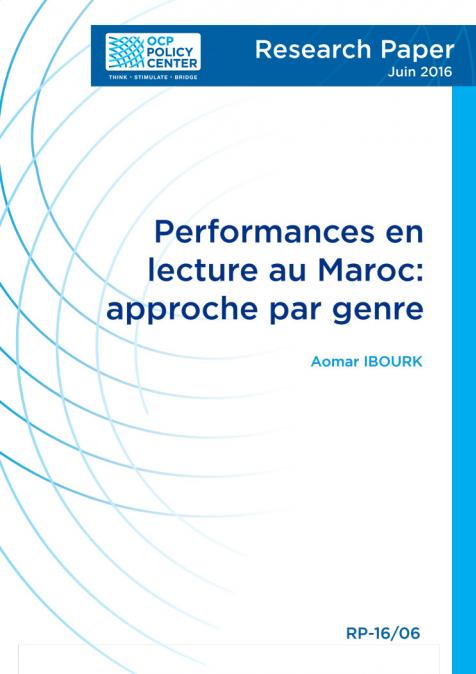Publications /
Paper in Academic Journals
This article was originally published on tandfonline.com
This article explores the intricate relationship between economic growth and unemployment across multiple African countries, with a focus on estimating the Okun’s coefficient. Data from the International Labour Office (ILO) and the World Bank’s databases for 39 African nations were utilised. Two distinct methodological approaches, first differences and the Hodrick-Prescott (HP) filter, were employed to assess result robustness. Findings reveal that in most African countries, the link between GDP growth and unemployment is weak or non-existent, unlike advanced economies. This divergence underscores unique economic structures and labour dynamics in African nations, necessitating tailored approaches to address unemployment. The study also investigates factors contributing to Okun’s coefficient variability in Africa, emphasising structural, demographic, and economic influences. Demographic trends, domestic market competition, and the rule of law are identified as key determinants. Consequently, policymakers are urged to prioritise measures targeting these factors to enhance job creation and economic stability. Additionally, the study highlights the role of growth volatility, particularly in Morocco, emphasising the need for policies to stabilise economic growth and mitigate unemployment fluctuations.












